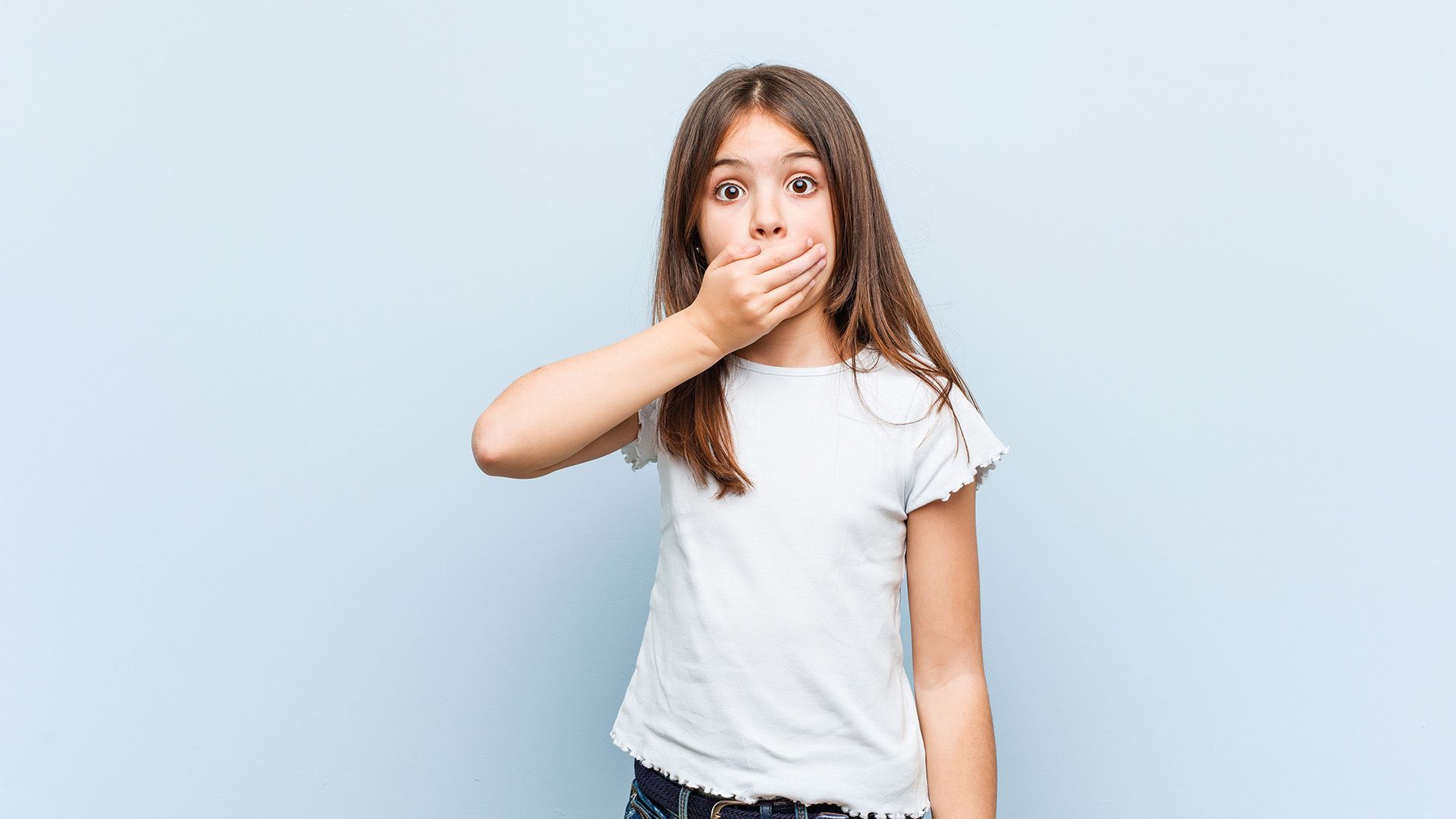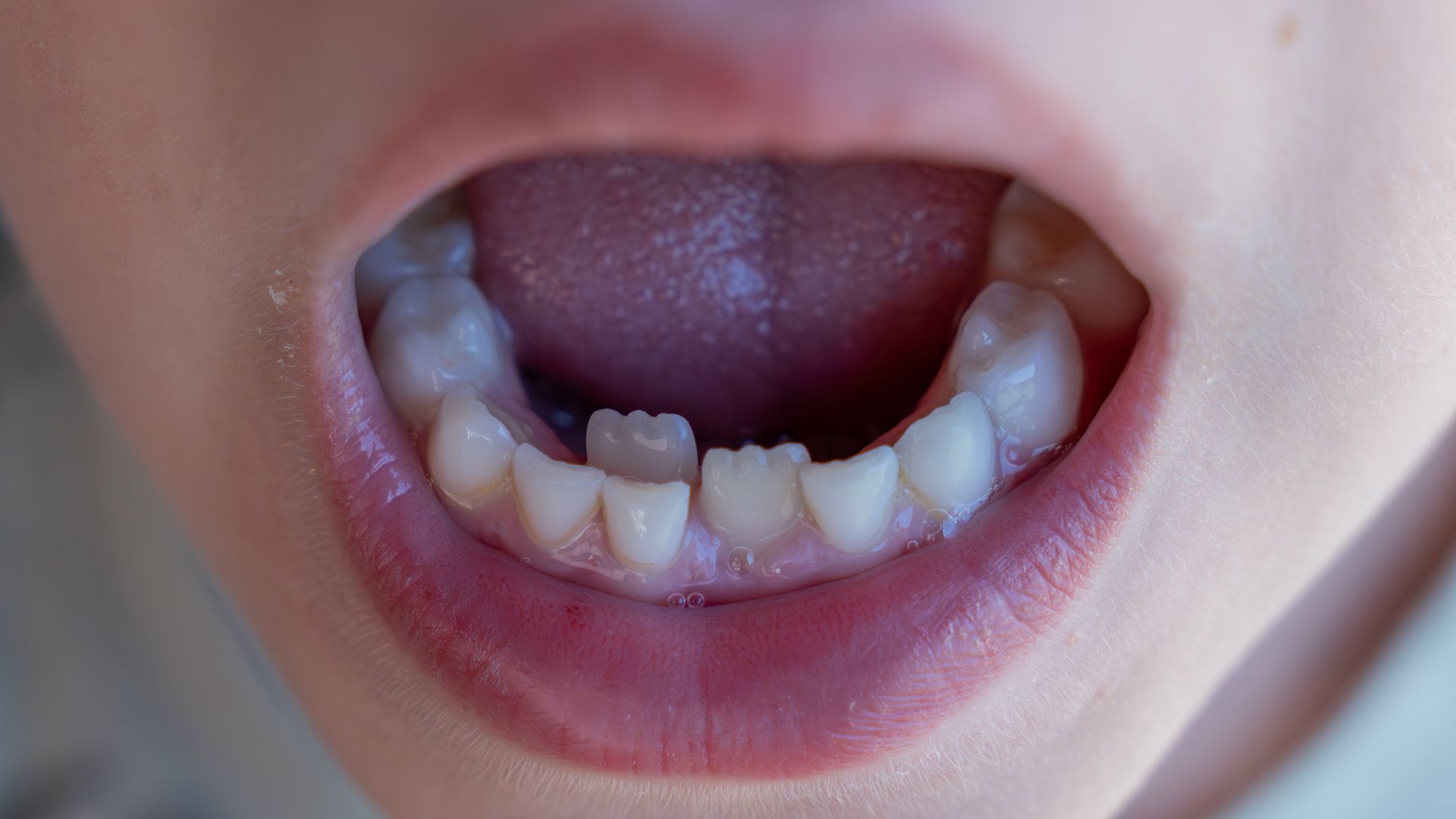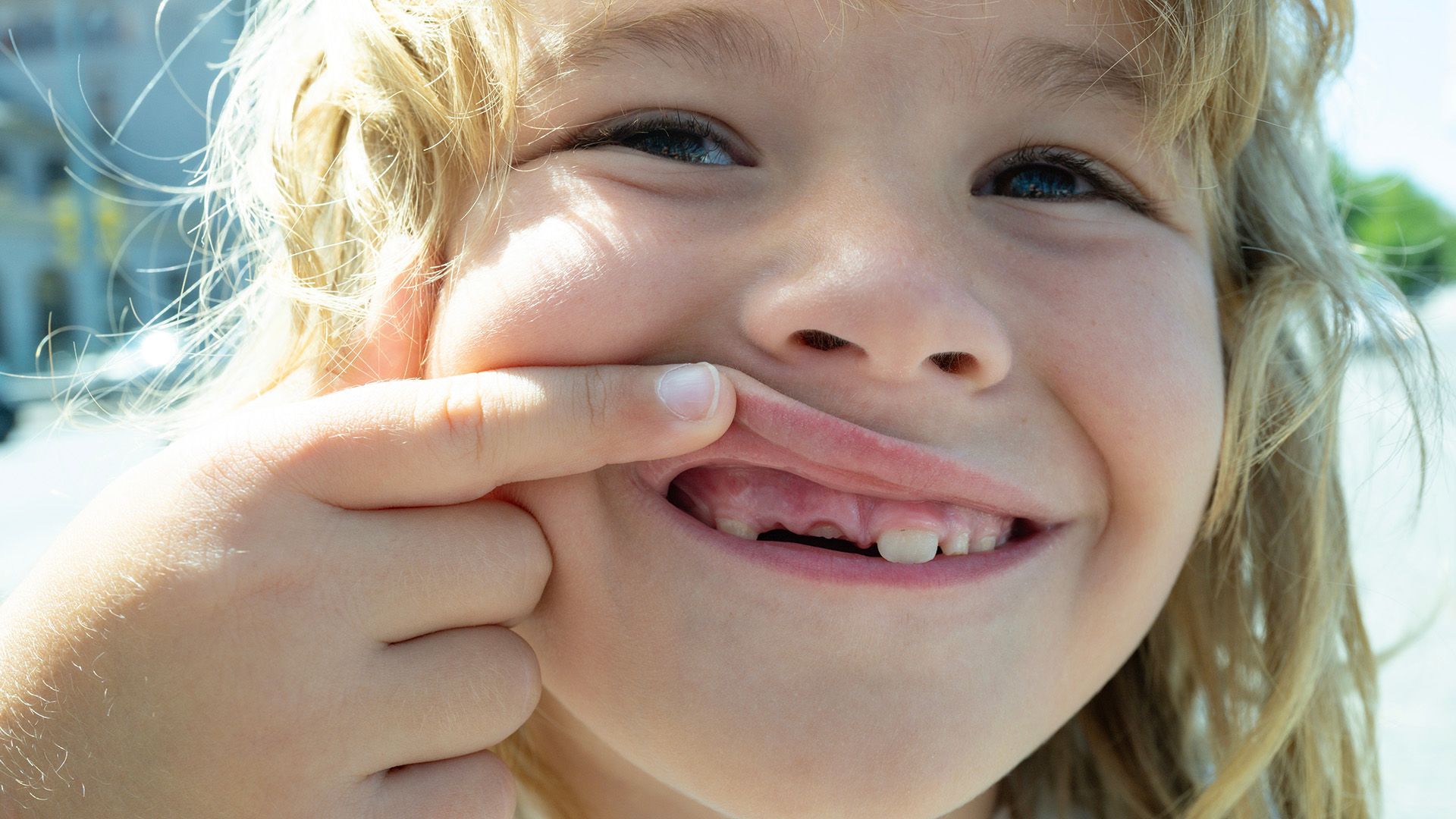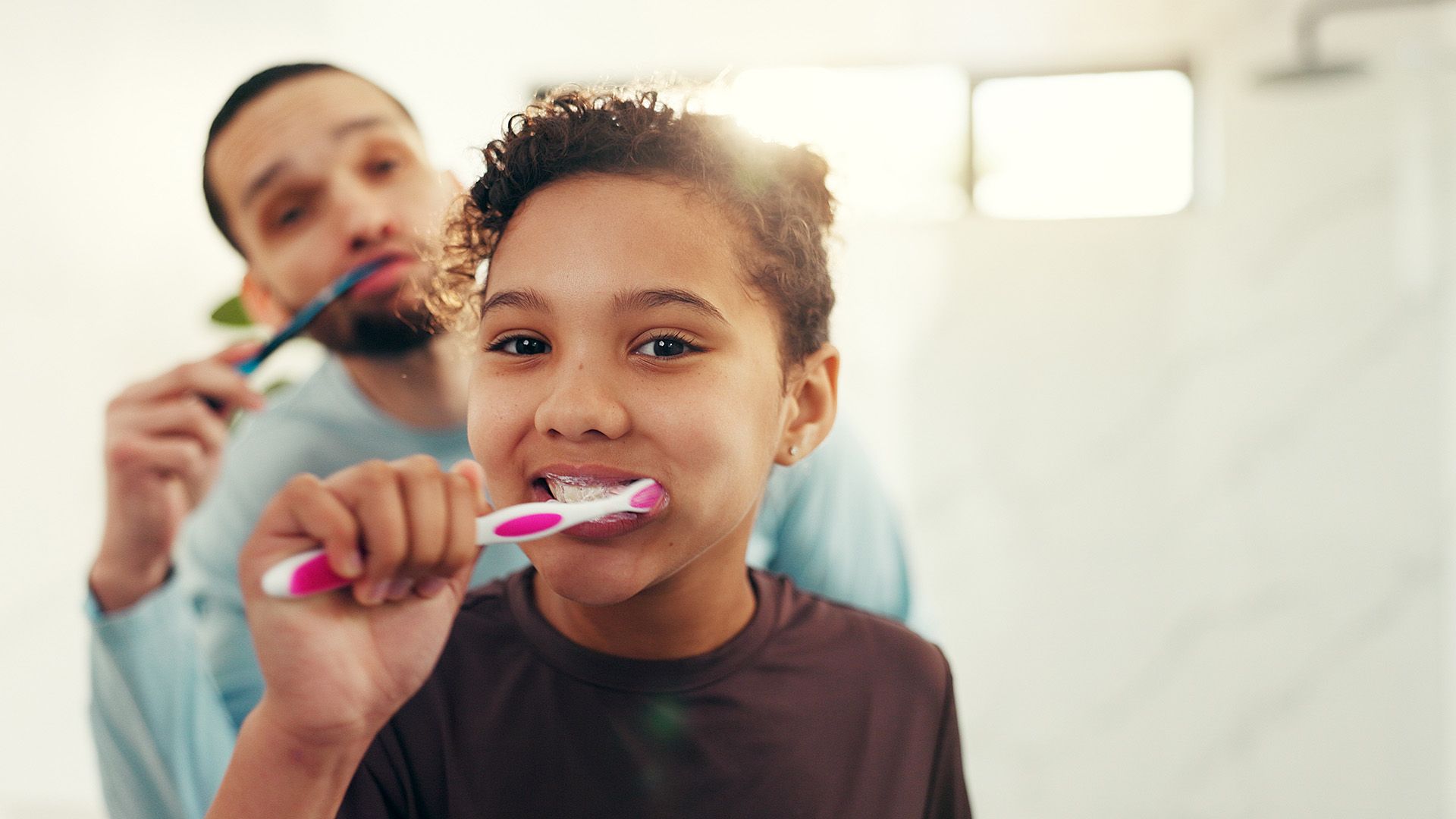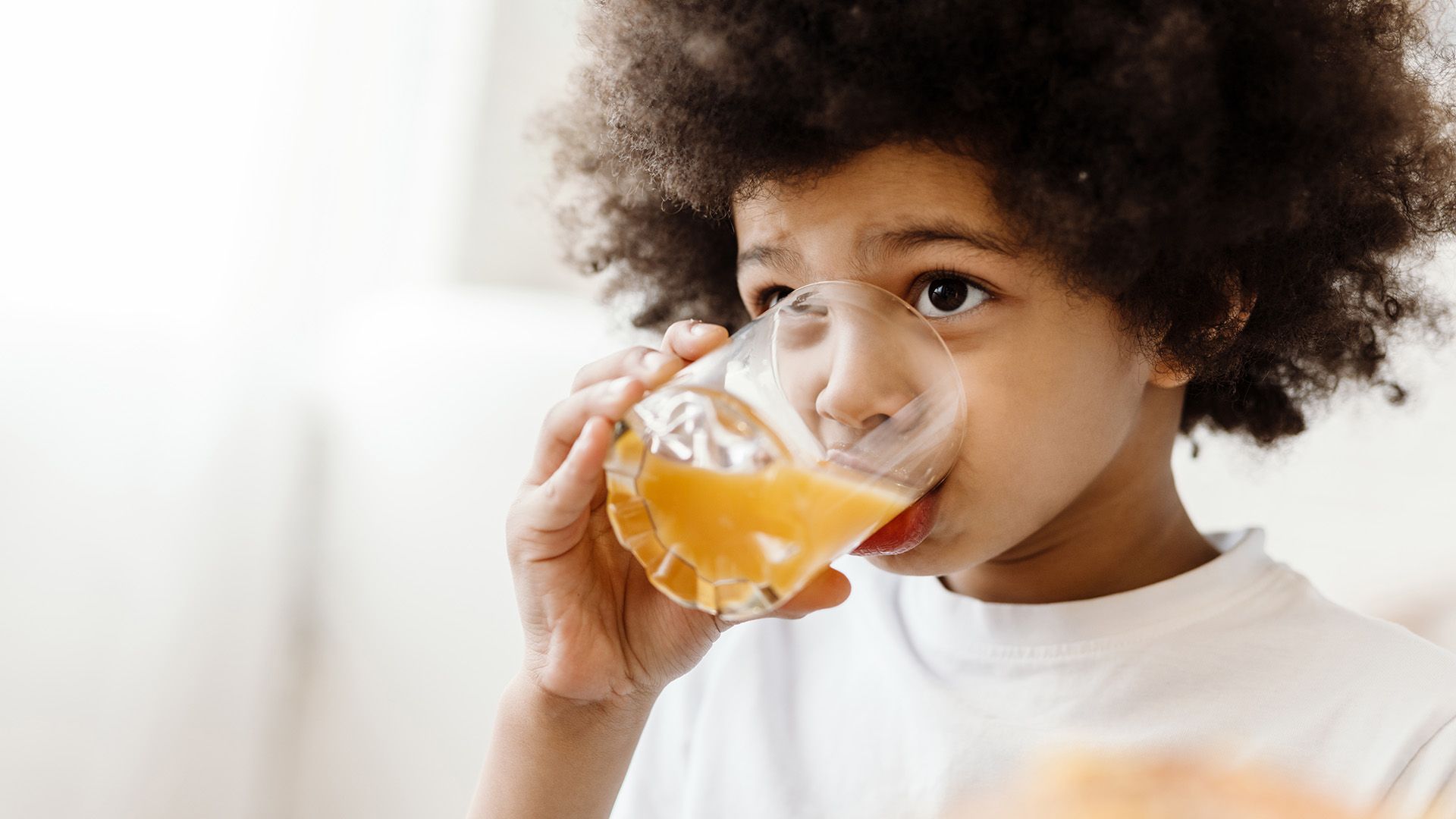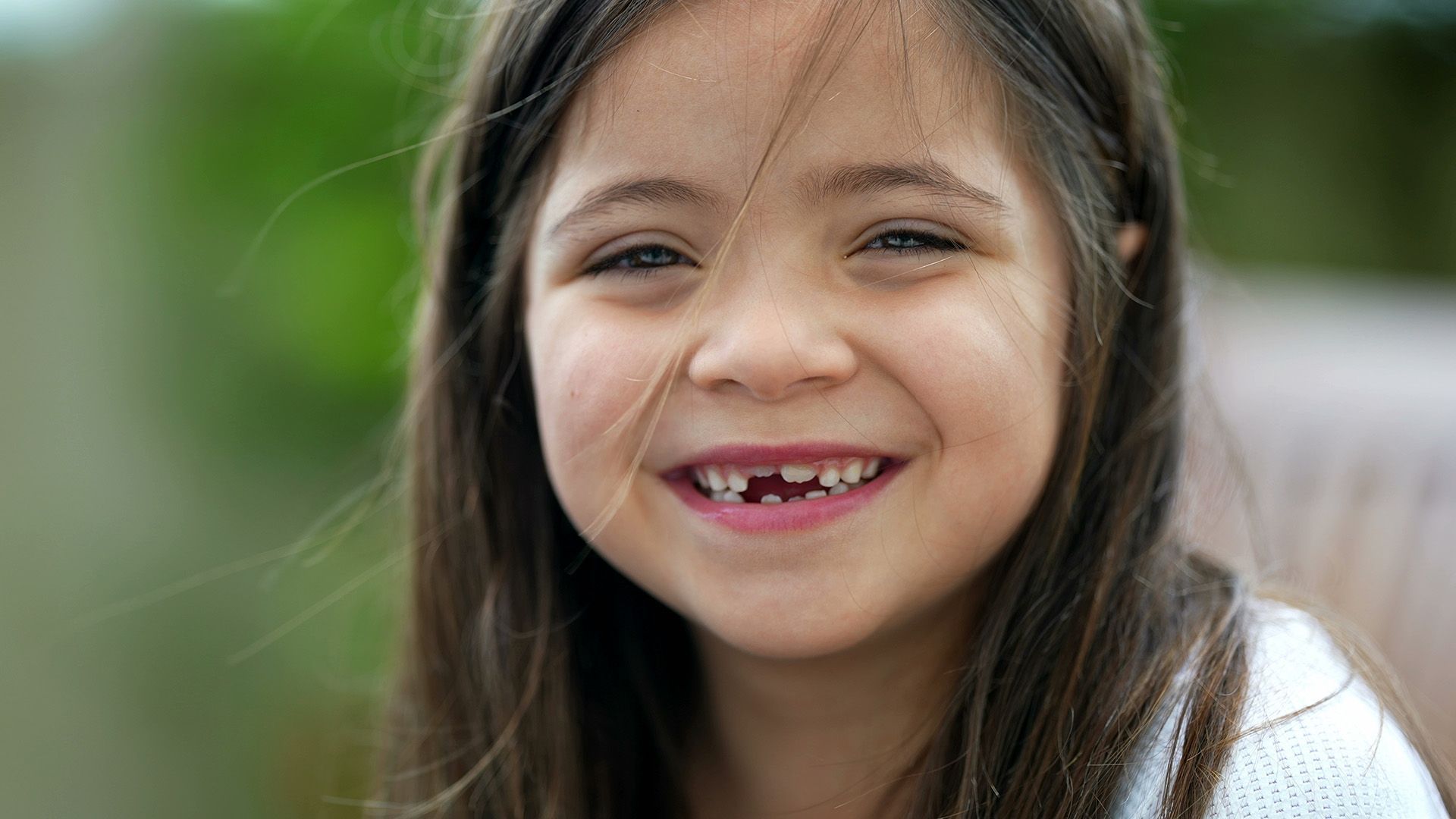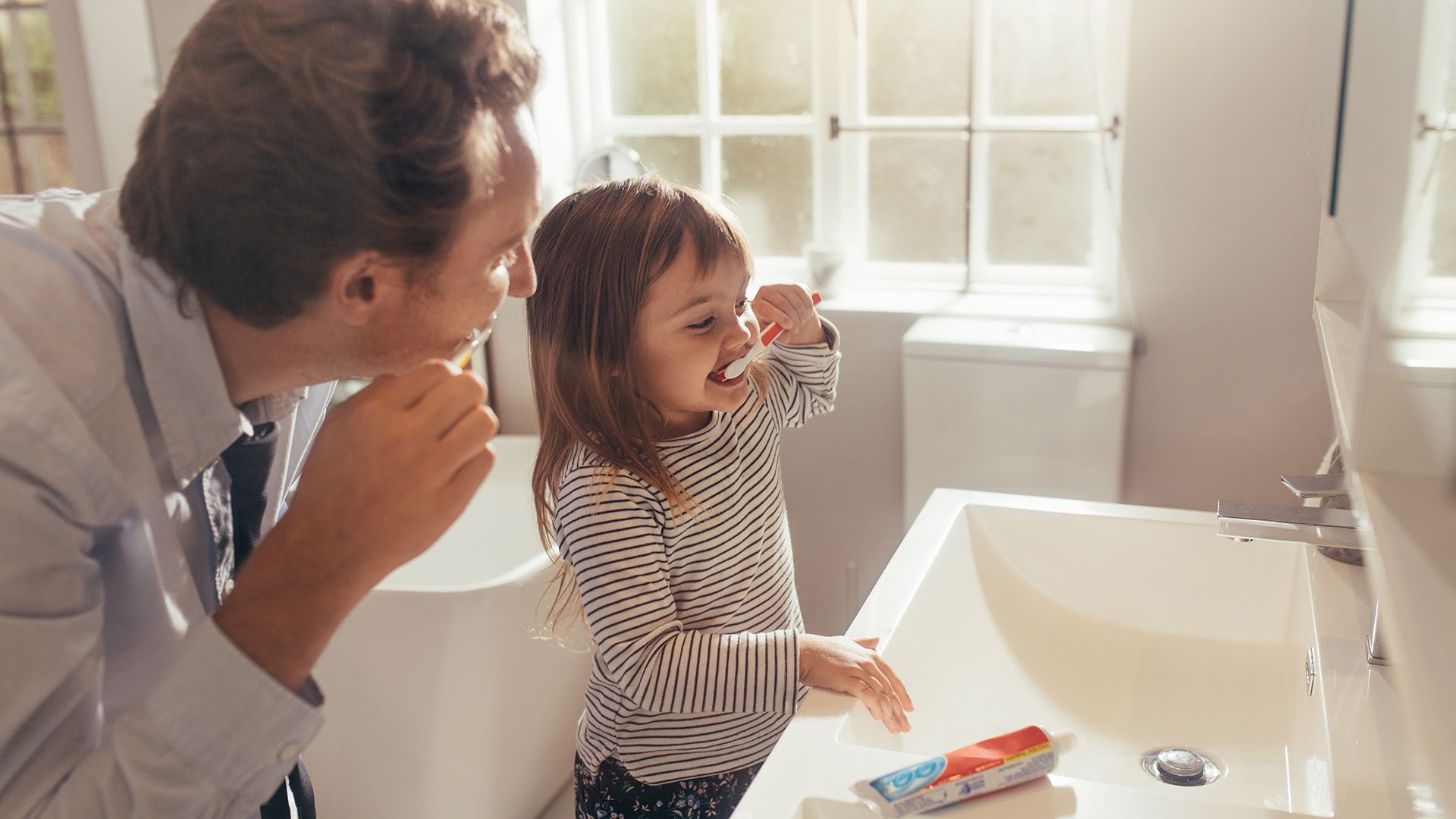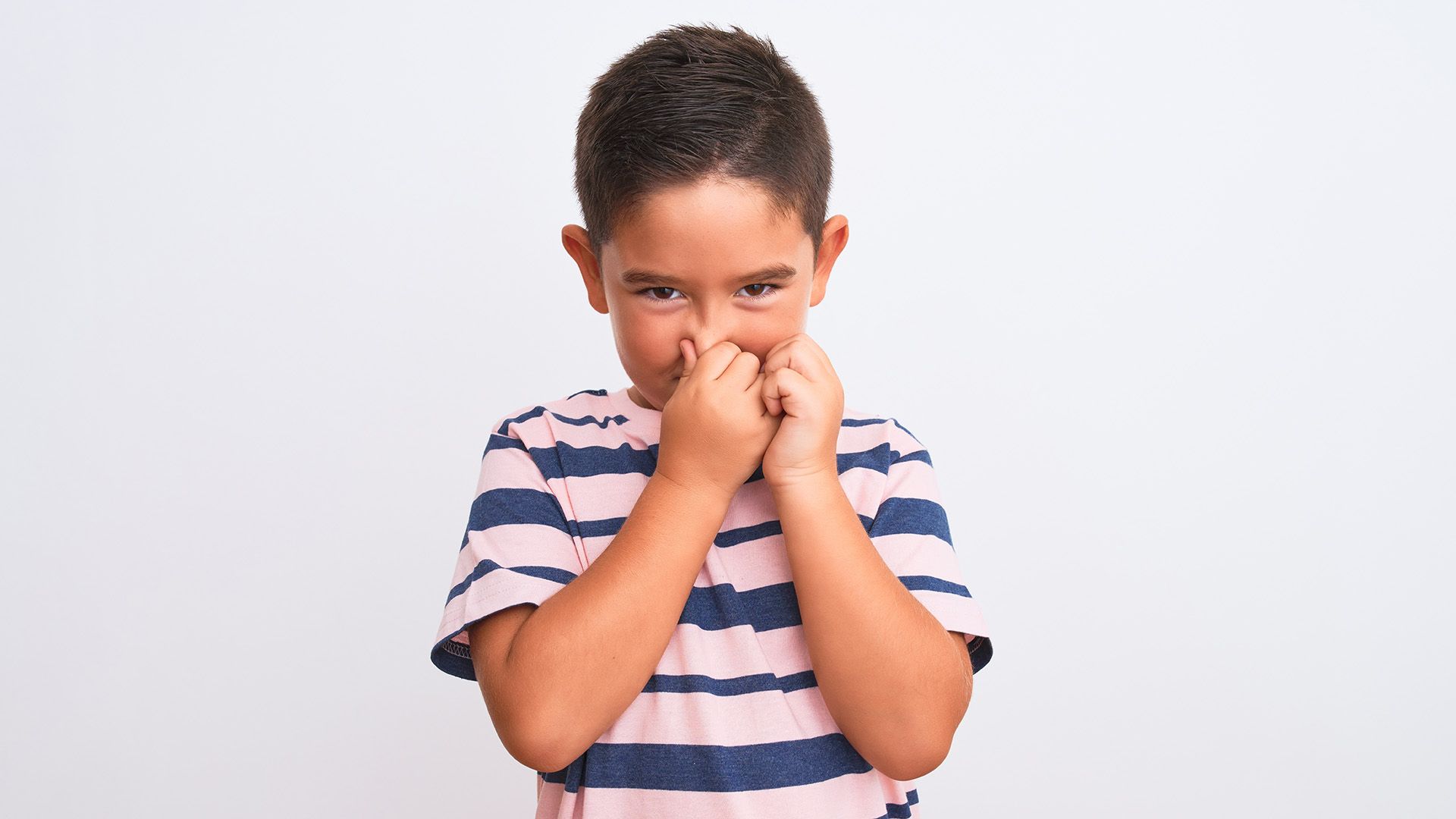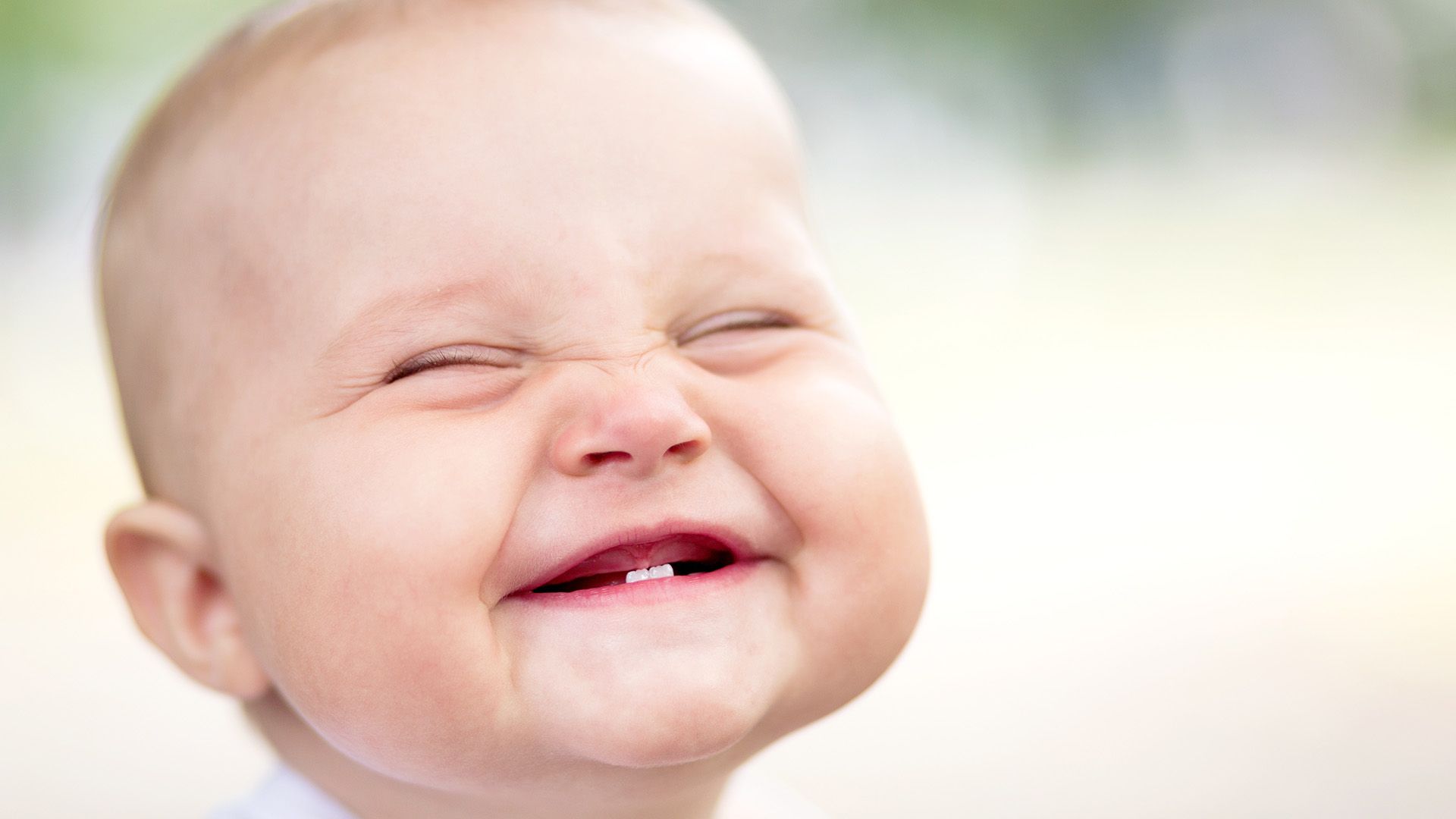Is Nitrous Oxide Safe for Toddlers?
Nitrous oxide, often known as 'laughing gas,' is widely used in dental and medical settings to alleviate anxiety and discomfort during procedures. Parents frequently ask, "Is nitrous oxide safe for toddlers?" Being informed about the safety of nitrous oxide and its effects is essential for making the best choices regarding your child's healthcare. This article delves into the nature of nitrous oxide, its specific safety considerations for toddlers, what happens during procedures using the gas, and vital aftercare guidelines. By equipping yourself with this information, you can ensure a positive experience for your child while safeguarding their health and well-being.
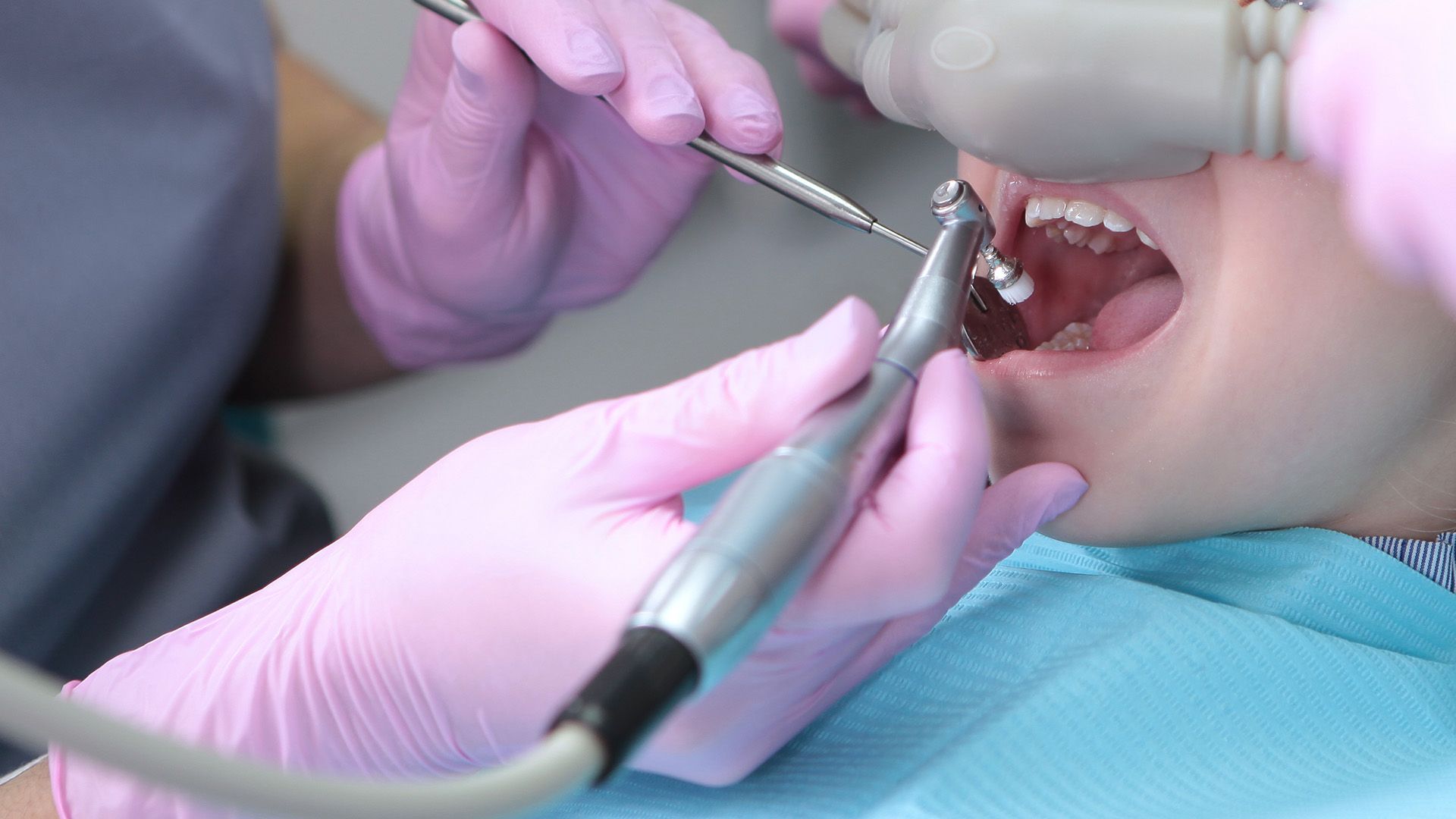
Understanding Nitrous Oxide
Nitrous oxide is a colorless and odorless gas that has been a staple in medicine and dentistry for over a century. It induces relaxation and euphoria, which helps mitigate anxiety and discomfort during medical procedures. Upon inhalation, nitrous oxide rapidly enters the bloodstream, affecting the central nervous system and providing a calming effect while keeping the patient awake and responsive.
In pediatric dentistry, nitrous oxide is a popular choice to help young patients feel at ease during treatments. It is particularly useful for toddlers who might be anxious or scared of dental visits. The calming environment created by nitrous oxide allows dentists to perform necessary treatments more smoothly, ensuring a positive experience for both the child and the practitioner.
Using nitrous oxide for toddlers during dental procedures offers several advantages. It notably reduces anxiety, facilitating cooperation from young patients. Moreover, its effects dissipate quickly, enabling toddlers to resume their normal activities shortly after the procedure. With minimal side effects, nitrous oxide is a safe and effective sedation option for young patients requiring dental care. When administered by trained professionals, nitrous oxide enhances the overall dental experience for toddlers, setting the stage for a lifetime of healthy dental habits.
Safety Considerations for Toddlers
Assessing the safety of nitrous oxide for toddlers involves careful evaluation. While generally considered safe when administered by qualified professionals, it is vital to ensure its suitability for your child’s specific circumstances. Healthcare providers, such as dentists and pediatricians, typically review the child’s health history and current condition before recommending nitrous oxide for procedures like dental work.
Age-specific guidelines suggest nitrous oxide can be safely administered to children as young as two. However, practitioners often take into account individual factors such as a child's anxiety level, ability to follow instructions, and overall health. Parents should have open discussions with their healthcare provider to decide the best approach for their child.
Despite its favorable safety profile, there are potential risks and contraindications linked to nitrous oxide use in toddlers. Children with respiratory issues, certain neurological conditions, or a history of adverse reactions to sedation require careful monitoring or may need alternative methods. Furthermore, ensuring proper administration in a controlled environment is crucial to minimize risks and guarantee a positive experience for your child.
What to Expect During the Procedure
When administered to toddlers, nitrous oxide is typically delivered through a small mask fitting comfortably over the nose. Your child will be asked to breathe normally, allowing the nitrous oxide to mix with oxygen. This process is swift and painless, ensuring your child feels relaxed and calm before any dental or medical procedure begins.
As the nitrous oxide takes effect, your child may feel a sense of lightness or euphoria. They might become giggly or relaxed, easing any anxiety about the procedure. It's crucial to reassure them that these sensations are normal and temporary, aiding in their comfort throughout the experience.
During the procedure, your child's safety and well-being are top priorities. Our trained staff will continuously monitor their vital signs and overall comfort level. We provide supportive care, ensuring your child feels secure and at ease. Should you have any concerns or questions at any point, our team is ready to address them and offer reassurance, making the entire experience as smooth as possible.
Aftercare and Recovery
Once nitrous oxide is discontinued, your toddler may experience brief drowsiness or disorientation as the sedative effects wear off. This is completely normal, and most children return to their usual selves shortly thereafter. You may notice your child becoming more alert and active as time passes, but it's important to keep them calm and comfortable during this transition.
Although nitrous oxide is generally safe, it's essential to remain vigilant for any signs of adverse reactions after the procedure. Watch for unusual behaviors like prolonged drowsiness, nausea, or vomiting. If your child exhibits severe reactions or you're concerned about their recovery, it's best to contact your healthcare provider for guidance.
To comfort your child post-procedure, offer plenty of reassurance and maintain a calm environment. Providing a favorite toy or blanket can be soothing. Offering small sips of water or a light snack can help if they feel up to it. Monitor their mood and energy levels, as gentle activities like reading together or watching a comforting show can help them feel more at ease. Remember, your attentive care will aid in their recovery and ensure they feel safe and secure during this time.
